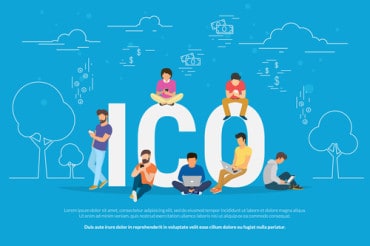
Autonomous networks may provide a way to scale business and operations, as the network itself can adapt to meet the needs of businesses as they evolve.
The International Telecommunications Union, the United Nations special agency for information and communication technology, announced a new focus group to support recent advancements in autonomous networks. The research hopes to create ITU standards to support network realization and evolution.
The focus group will standardize the rollout of such networks and will examine the implications from a business standpoint. The group wants to guarantee that innovations happen in a way that ensures full participation and benefit for Industry 4.0.
See also: AIOps Gaining Traction as Technology Accelerator
Balancing the technical with the economical
Part of the focus is building ITU standards that ensure networks can meet the growing demands of computing. As networks become more complex, operators and developers are under increasing pressure to keep up with demands while maintaining operational costs.
Operators are making use of “creative intelligence,” sometimes known as self-properties. “Creative intelligence techniques can provide a new layer of abstraction, introducing an evolution mechanism as a catalyst for autonomy,” said the Chair of the Focus Group, Leon Wong, Research Engineer at new ITU member Rakuten Mobile.
Using creative intelligence, operators can monitor and operate autonomously, making decisions about recovering and protecting themselves and learning to optimize through continuous data input. These systems evolve over time, providing the means to reduce uncertainty and improve efficiency and help operators maintain what are currently burgeoning operational costs. Artificial intelligence and machine learning are expected to play a key role in managing the complexity of such networks. Such technologies will be used to improve network management and control as these demands exceed the capabilities of humans as well as pre-defined automated processes.
The group will study creative intelligence
ITU hopes to study the characteristics of autonomous networks to bring clarity as well as propose technical enablers for future environments. This dynamic use will propel networks forward as the world continues to consume and produce data faster at a more massive scale.
The end goal is coherence. Global networks will require a system that works together, and ITC standards could bring that goal to fruition. Businesses will add autonomous networks to other operating standards such as edge computing ad 5G, allowing for consistent, robust, and most importantly, real-time insights.
The group will offer an open platform for collaboration and standardization, allowing all industries and interested parties to contribute to the final standardization. This could bring about the types of networks that facilitate our data and become part of the artificial intelligence itself.
Autonomous networks business benefits
Autonomous networks could be a huge piece of the evolution of industry. They’re intelligent and creative, requiring little to no human intervention. They may provide a way for business to scale, as the network itself can adapt to meet the needs of businesses as they evolve.



























